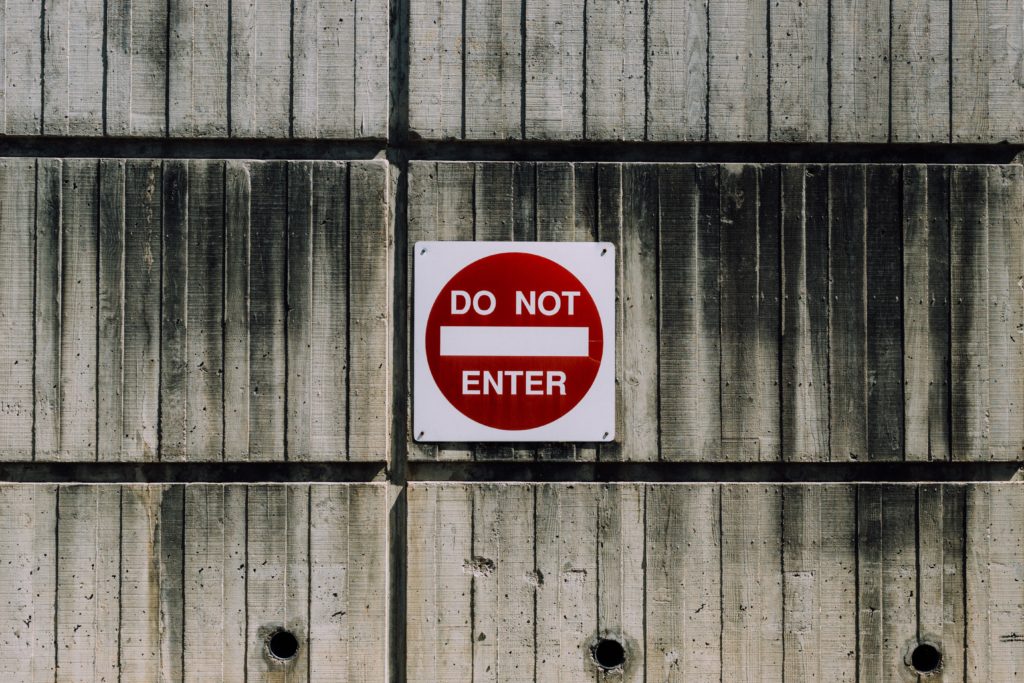Making sure your credit is in the best shape possible before applying for a mortgage will put you ahead of the game. Not only is good credit important when it comes to being approved, but it also determines what interest rates you’ll be offered on your loan. That being said, a score of 730 and above is considered excellent, while anything below 600 needs work. How do you build up your score…and make sure it stays that way? Here, Trulia explains how some little-known mistakes can damage your credit.
-
Generating too many inquiries
Shopping around before choosing an institution for a car loan can help you find the best rate—and that can translate into thousands of dollars in savings during the lifetime of your loan. But while you may be saving, it’s best to use moderation. When you receive a quote on interest rates, lenders pull a hard inquiry that shows up on your credit report. If you request these inquiries over a period longer than 14 days, each quote shows up individually. When you are comparison shopping for a loan, gather your quotes in a short period (ideally within two weeks). That way, your credit will take less of a hit.
-
Little things can add up
Unpaid bills from a variety of sources can cause your credit score to plummet if they’re unresolved. If you think that library late fee or medical invoice from 15 years ago doesn’t matter anymore, be warned: It could, especially if the library system turns that account over to collections or marks it as delinquent. In most cases, this is an easy fix and just a matter of settling the outstanding payment. To check for these issues, pull a credit report—you can get one for free each year from the three credit-reporting agencies (Experian, TransUnion, and Equifax).
-
Incorrect information
You also will probably want to pull your credit report to see if any errors have occurred. If your credit report lists incorrect information about your financial records, this could drag down your credit score. If your report has an error, call the credit bureau that issued the report and file a claim. Correcting errors can be a long and difficult task, but it’s worth the effort.
-
Using your credit a little too much
If you use your credit cards for everyday spending and pay off your balances—on time and in full each month—you may be wondering why your credit score is still suffering. Even if you’re paying it off responsibly, maxing out your credit can harm your score more than you might think. What matters is how much credit you have and how much credit you’re using. For example, if you have a $1,000 line of credit and you charge $999 each month, you’ll earn a black mark on your credit score even if you pay off every dime when the bill comes due. This balance of limit vs. spending is known as a credit utilization ratio. Maintaining a high credit utilization ratio will hurt your score. If possible, try to keep balances low on your lines of credit.
-
Not using credit at all
The silent way to ruin credit is by not using it at all. If you’re afraid of getting into a financial mess or if you’ve been scared off the idea of using credit altogether, you may negatively impact your score. With no credit history, there’s nothing to show that you’re a responsible user of credit who can manage balances and payments. Inactive accounts may even default to closed over time, and that too can ding your score.



